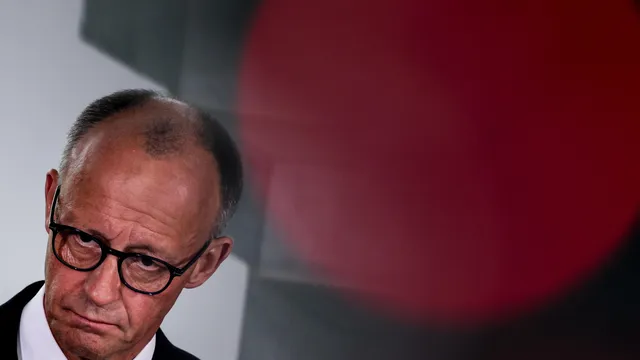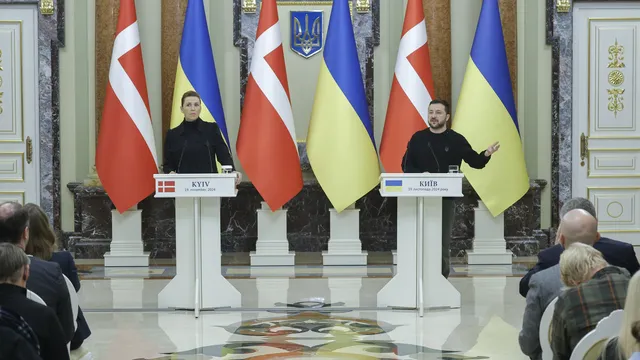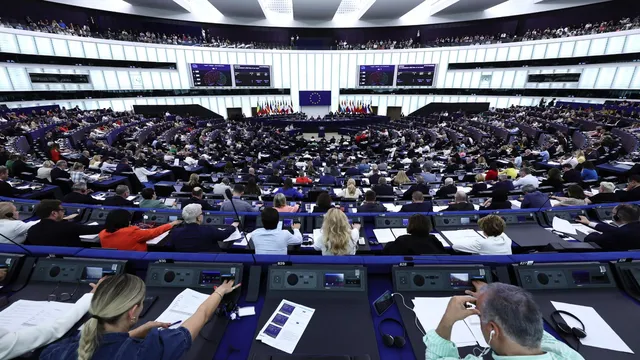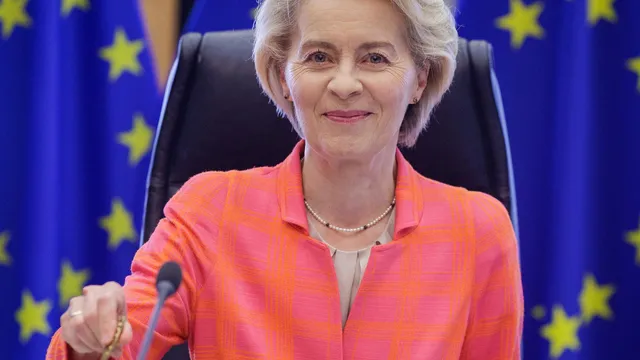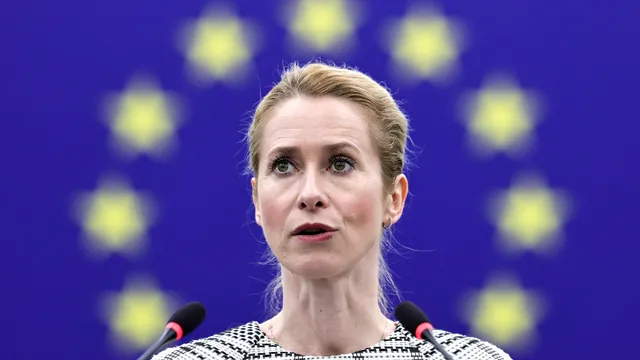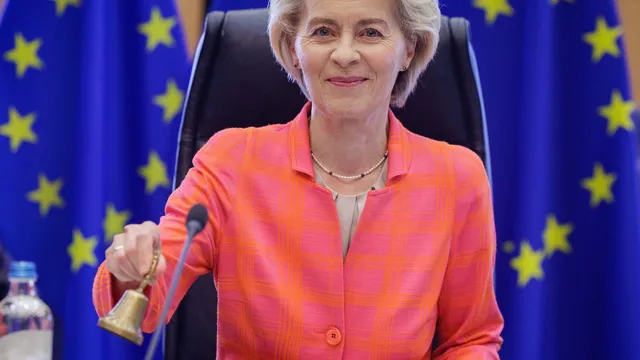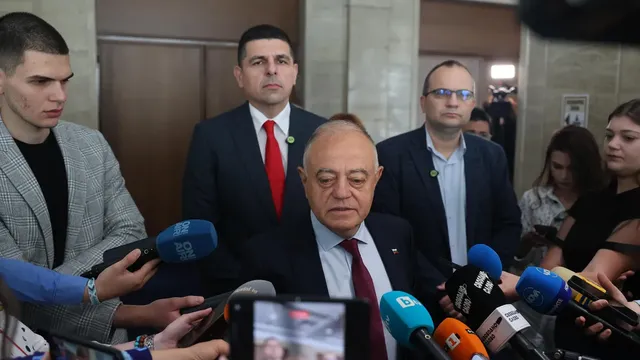Germany warned that “the clock is ticking” for Russia to agree by the end of the day (May 12) to an unconditional 30-day ceasefire in Ukraine or face potential new sanctions.
If Moscow does not accept the request, “preparations will begin” in Brussels for new sanctions, a government spokesman in Berlin said.
Four European leaders, including Germany's new chancellor Friedrich Merz, called on Russia during a visit to Kyiv over the weekend to agree to a ceasefire to allow for peace talks.
“The Ukrainian president has made it clear that he is ready to agree to a ceasefire. Over the past two weeks, he has made significant concessions, and now it is up to the Russian side to respond to these proposals and agree to serious political negotiations,” the German government spokesman said.
The German warning came as Britain hosted a key meeting of European ministers on the war in Ukraine, which has been going on for over three years.
Moscow appears to have rejected calls for an immediate and unconditional ceasefire. Instead, Russian President Vladimir Putin responded with a counterproposal for direct talks between Russia and Ukraine in Istanbul on May 15.
President Volodymyr Zelensky said he was ready to meet Putin in Turkey “in person.”
Earlier, the Ukrainian president had presented the ceasefire as a precondition for negotiations in Istanbul.
A spokesperson in Berlin said it was “possible” for the talks to take place without a ceasefire, but added that this depended on Zelensky. | BGNES

 Breaking news
Breaking news
 Europe
Europe
 Bulgaria
Bulgaria
